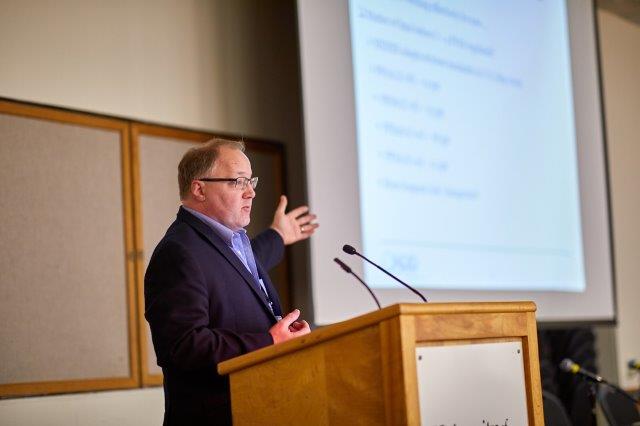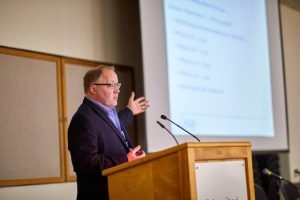
XDD Environmental would like to thank everyone that participated in the workshop. For those who could not be present, you can download a copy of the presentation here.
If you would like XDD to present on PFAS at your professional meeting, please email us at info@xdd-llc.com
 Original Announcement:
Original Announcement:
WHEN: Tuesday October 22, 2019 from 6:30 – 9:30 PM
WHERE: Amherst, Massachusetts
Click here for the conference agenda.
Conference registration can be found here.
Workshop Details:
The workshop covers PFAS physical-chemical properties relevant to remediation, and ex-situ and in-situ options for remediating PFAS in soil and water. Knowledge and experience in PFAS remediation is evolving fast. The workshop presents the most up-to-date information about remediating PFAS using physical, chemical, and biological technologies, covering both technologies that show promise as well as those that are not expected to be effective. Cutting edge technologies using advanced carbon, synthetic resins, alternative natural adsorbents, and advanced oxidation, among others, are explained.
The new material will include the results of PFAS remediation research the presenters have carried out since the time of last year’s conference. XDD and research partners GHD and Fraunhofer USA are conducting treatability studies to confirm efficacy of novel adsorptive media and chemical/electro-chemical treatment approaches for PFAS treatment. The initial results are promising and will provide the practitioner with a direct comparison of available technologies. EnChem and the University of Rhode Island are conducting Department of Defense-funded chemical oxidation research. EnChem will present recent results of soil and water treatment using a novel three-stage treatment process consisting of enhanced PFAS extraction from soil, PFAS concentration, and then PFAS destruction. Both bench- and pilot-scale test results will be presented to demonstrate the potential to reduce cleanup times for PFAS contaminated sites from decades to a few years.
Participants can use this understanding to identify technologies that are likely to be appropriate for a particular site early on in the site characterization process. Integrating key data collection for site-specific remedial options into the characterization phase can minimize project costs and schedule by reducing the number of rounds of fieldwork. The presenters suggest key site data relevant to viable or promising PFAS remedial technologies that can be collected during site characterization. Participants can consider this guidance as they characterize PFAS sites with an eye toward likely future site-specific remedial actions.
Laboratory treatability studies are often critical for technology selection and design. They typically pay back the time and cost involved many times over by improving remediation efficiency and success. Treatability study methods, benefits, and limitations for PFAS remediation are discussed.
Case studies at the bench and field scale illustrate both long- and short-chain PFAS remediation effectiveness. Case studies include a comparison of carbon and ion-exchange resin treatment, and in situ chemical oxidation of PFAS intermixed with chlorinated solvents, among others.
The workshop will include the following presenters:
Michael Marley, XDD Environmental, Stratham, NH
Ellen Moyer, Greenvironment, LLC, Montgomery, MA
Raymond Ball, EnChem Engineering, Inc., Newton, MA
Fred Taylor, GHD, Waterloo, ON, Canada
